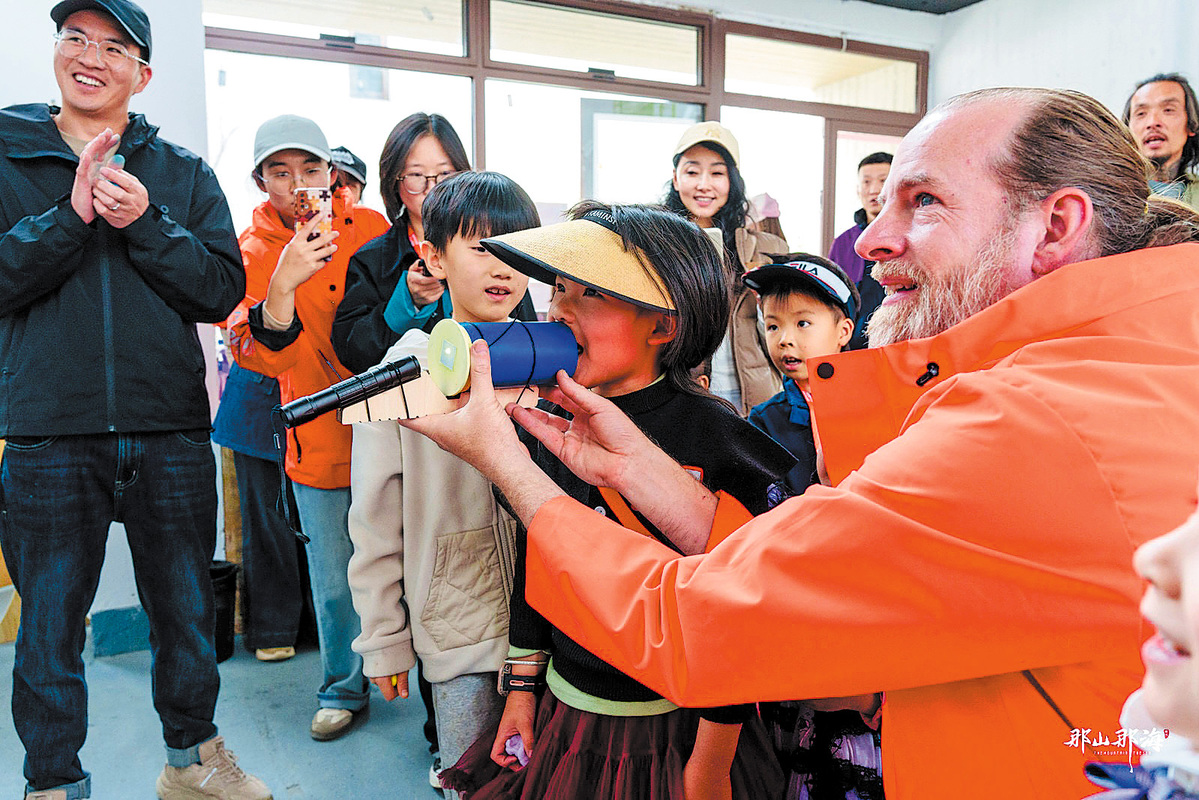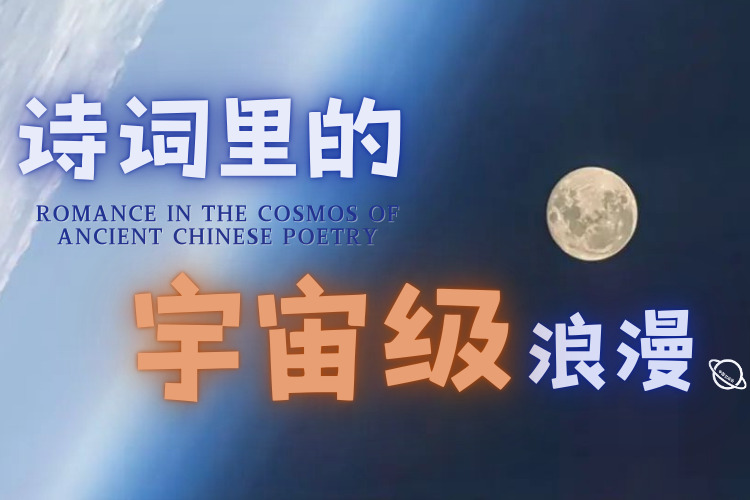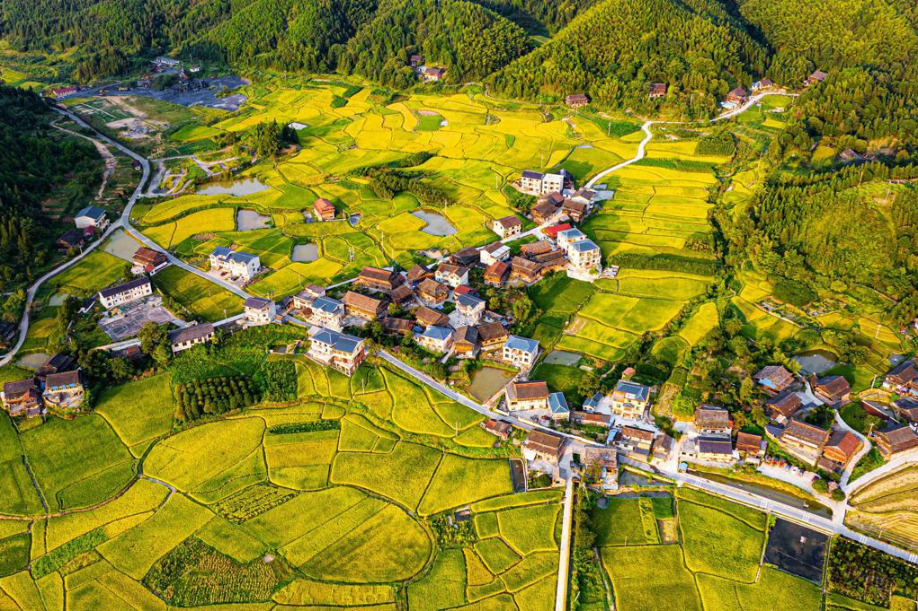Yunnan tourism flourishes under 'ideal life' campaign
Authorities tap into natural wonders, attract more long-stay visitors, retirees


Cultural attractions
Hermann, the NGO chief, said Yunnan stands out because its culture is lived, not staged. "Temple fairs, market days, and old tea roads are still part of daily life, inviting outsiders to join, and turning quick visits into long stays," he said.
He recalled when he first arrived in the province, touching down at Kunming's Changshui airport. "The pitch for Yunnan's cultural pull begins the moment you step off the plane," Hermann said.
Along the corridors of the airport terminal, billboards featuring panoramic shots do more than sell the scenery.
Women of the Va ethnic group are depicted whirling their hair to drumbeats, Miao dancers circle a bonfire, and a snow ridge rises behind rice terraces. For first-time visitors, the terminal, with its distinctive peacock-shaped roof, doubles as a primer on Yunnan's festivals, different ethnic groups and regional cuisine.
"What attracts me most is its immense diversity and inclusiveness. It embraces everyone, regardless of who you are," said Yin Shushan, a student from Yunnan who attends Peking University in Beijing.
In Dali, he has met many people with nontraditional lifestyles — freelance photographers, organic farmers, and hikers — who all managed to live comfortably.
"It's also home to elites and celebrities who own properties here," Yin said. "Even professors from around the world have settled here, living a 'snowbird' lifestyle between Dali and their hometowns. This coexistence of people from all walks of lifeforms a unique social ecosystem."
Yin said Yunnan's mountainous terrain has helped preserve diverse ethnic traditions and festivals.
"It has the most ethnic minorities in China, each with unique languages, clothing, and celebrations — the Water-Splashing Festival, Torch Festival, even a Rice Noodle Festival. There's literally a festival every month," Yin said.
These celebrations help dissolve barriers between strangers.
"Everyone sings and dances together, creating instant connections and a natural sense of community," Yin said.
"An artist once explained to me during a field visit, ethnic music is free from such constraints — it's purely about personal expression, about their daily life; the ones they love and the joy they gain from families and friends. It's all about innate freedom and authenticity," he added.
Nathan Jones, a children's book author and child education expert from California, has lived in Dali for six years.
"Having spent nearly 25 years in China, with previous stays in Africa, Europe, and North America, I was searching for a place I could truly call home. The community atmosphere here is inclusive and friendly, where everyone treats each other with warmth," he said.
"This environment of growing together and supporting one another is exactly what parents dream of for the next generation," he added.




































